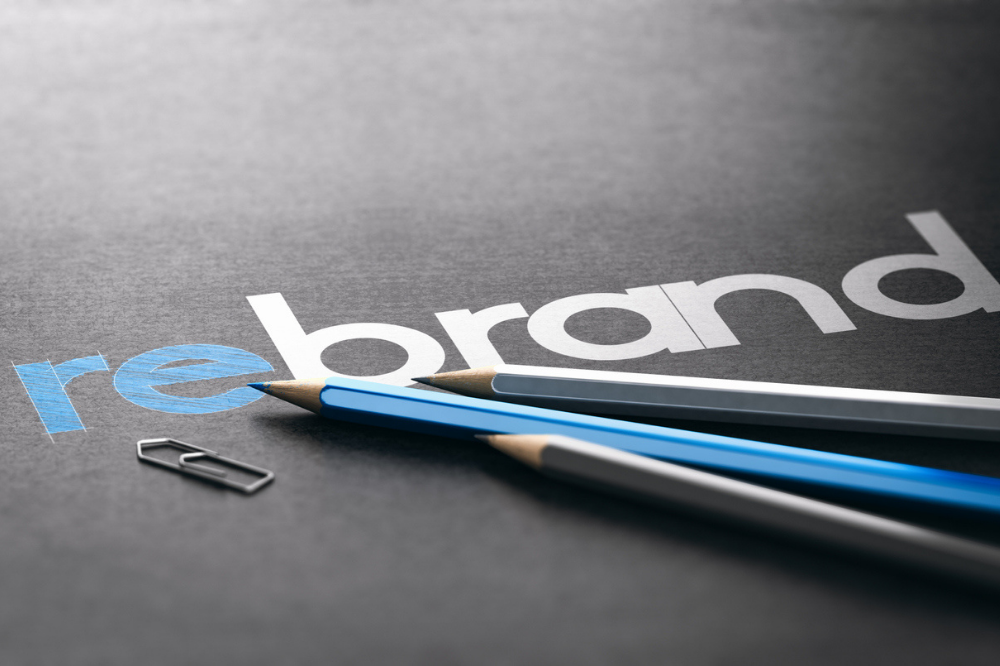
Commercial Loans are a type of loan available for businesses to borrow money. These loans are used to fund commercial activities, and the market determines interest and other fees applicable. A commercial loan will have the same stringent rules as some other types of loans. This is what you should know before applying for one.
Concessional loans are different because they are given to governments of poor nations with low-interest rates and long repayment periods. Consequently, they have a high social impact in contrast to commercial loans that mainly focus on business outcomes. In this article, we discuss loans to private companies.
What are Commercial Loans?
Commercial loans are a type of loan that is available to businesses. Borrowers use these loans to finance capital expenses and working capital. Banks ask for collateral in the form of property, and the borrower needs to have a proven track record. The eligibility requirements for commercial loans vary depending on the lending institution.
How to apply for commercial loans?
The application process for a commercial loan is usually pretty straightforward. You will need to provide some basic information about your business, including its size and annual revenue. You’ll also need to provide documentation proving your eligibility, such as tax returns and bank statements. The purpose of the loan will need to be convincing to the bank as well.
What are the various types of commercial loans?
Commercial Loan for real estate.
Real estate loans are used to finance the purchase or construction of a property. They are also referred to as property finance. Under these loans, lenders rely on cash flows from the property for repayment. Cash flow may come in the form of rentals or through the outright sale of the properties.
Equipment financing
Also known as asset finance, this is a type of commercial loan where you borrow against equipment like tractors and trucks. The trucks will be part of the collateral.
You can also read about unsecured loans vs secured loans
Working capital loans
This is short-term financing to help the company meet operation costs. Working capital examples include overdraft facilities. Trade finance facilities are also used to fund working capital requirements.
Acquisition Loans
The mergers and acquisitions space has been expanding all over the world. Banks can actually finance companies to acquire other companies. A merger occurs when two companies join and become one. This can be when one company buys another, i.e acquisitions.
Term Loans
A Term Loan is a loan that has a set maturity date and fixed payments over the life of the loan. Most of the loans above can be referred to as term loans as well. Term loans can range from a short period of one year to long periods exceeding 10 years.
What are the benefits of commercial loans?
There can be many benefits to securing a commercial loan for your business. Some include:
Increased cash flow, which helps keep businesses running smoothly;
Tax breaks – interest on commercial loans may be tax-deductible, so it’s important to speak with an accountant about how this may benefit your company;
Easier access to money – since banks are more likely to lend money to established businesses than startups, having a commercial loan in place signals to lenders you’re a low-risk investment;
Provides working capital – a working capital loan can help businesses meet their day-to-day expenses and keep operations running smoothly.
What are the disadvantages of commercial loans?
Commercial loans can also come with disadvantages:
Higher interest rates than other types of loans.
More stringent requirements compared to some other types of loan. For example, you may need a higher credit score and more business experience.
Commercial real estate financing is typically limited to those who own the property as well as those who intend to purchase it – not renters or those looking for open-ended financing.
Prepayment penalties – if you pay off your commercial loan early, there’s often a fee associated with that.
How to choose the best type of commercial loan for your business?
When choosing a commercial loan, it’s important to consider what you will be using the money for. There are many types of loans available, so it’s critical to find one that matches your needs. Some factors to consider include:
Amount of money you need – if you’re looking for a large sum of money, you may want to consider a term loan;
Currency of facility-it is advisable to match the currency of the loan to that of your cashflow. This will reduce exchange rate risk;
Purpose of the loan – if you’re looking to purchase property or equipment, you’ll need a facility that will provide enough time to repay the loan. Never use working capital to buy fixed assets;
Interest rates and fees-you need to shop around for the best rate available. Your competitor might have just that advantage of getting cheaper loans.
None-funded facilities-sometimes going for none-funded facilities such as bank guarantees might work better for you. Make sure to discuss with your bank on the best fit.
Supplier finance- if you are able to negotiate credit terms with your suppliers, then you’ll not to borrow to the extent of their products;
Cash conversion cycle – your cash conversion should dictate the suitable loan for you, you’ll pay dearly if there is a mismatch;
What kind of loans are available for commercial property?
Commercial real estate loans are the most common type of commercial loans you’ll find on the market. These can be used for almost any kind of business, including restaurants and retail stores. There are many types of financing options available when it comes to commercial real estate. They include purchasing, refinancing and bridge loans.
Which organizations provide commercial loans?
There are many organizations that offer commercial loans. Some are listed below:
– Commercial banks such as Bank of America and Chase;
– Credit unions (but they are limited to offering mortgage loans that can buy commercial real)
– Private moneylenders such as Merchant Advisors and Lending Club.
So there you have it! If your business needs a little capital to get off the ground, or if you are looking for some financial breathing room in order to grow, commercial loans could be an excellent solution. We hope that this blog post has helped answer all of your questions about what these loans are and who is eligible for them. And don’t forget – please subscribe and share with anyone else who might need our help finding the best loan possible.
Thanks so much for reading! Please subscribe and share .


